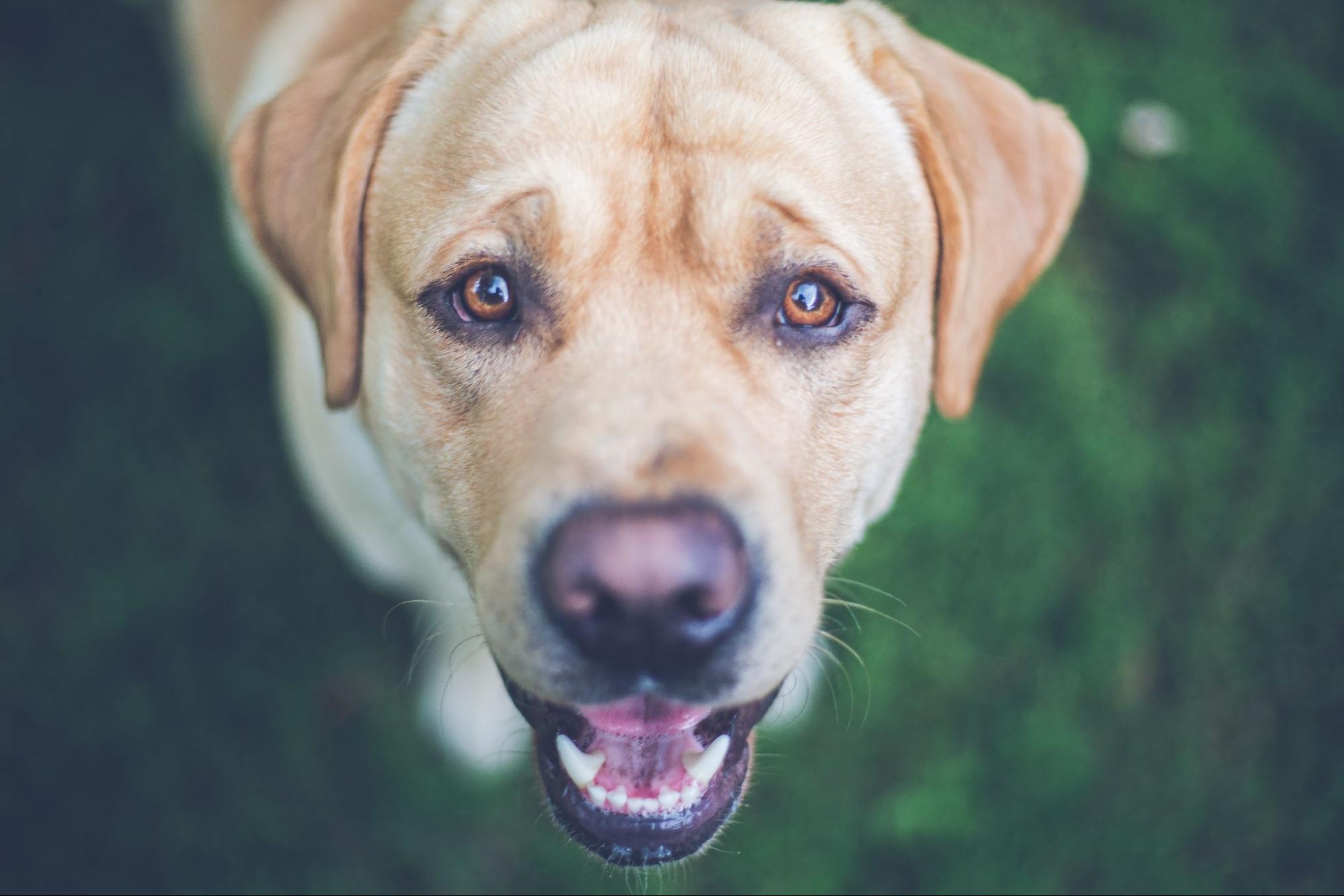How to Train Your Dog to Be a Service Dog
Training a Labrador to be a service dog requires more than just teaching basic commands. It’s a process that demands patience, consistency, and dedication. The journey of transforming your furry friend into a service Labrador is truly remarkable, but it can also be quite challenging.
The etiquette for service Labradors isn’t something they’re born with—it’s instilled through careful training and consistent reinforcement. Imagine dining in a restaurant without worrying about your dog barking at other patrons or chasing after scraps on the floor—that’s the level of discipline we’re aiming for here.
Service Labrador Etiquette – How to Train Your Dog to Be a Service Dog, as you might guess from the title, will guide you through all the steps necessary to achieve this goal. Whether it’s mastering basic obedience skills or learning advanced tasks such as retrieving medications, I’ll give you all the tips and advice needed for successful training.
Understanding Service Labrador Etiquette
When it comes to training your furry friend to be a service dog, there’s quite a bit that goes into the process. It’s not just about teaching them basic commands like sit or stay – it’s about instilling in them a sense of duty and responsibility. Specifically, with Labradors, known for their intelligence and eagerness to please, they make excellent candidates for this role.
The first step in understanding service Labrador etiquette is recognizing the immense task these dogs carry out. They’re not just pets; they’re working animals whose job it is to help individuals with disabilities lead more independent lives. This could mean anything from guiding someone who’s visually impaired to fetching items for someone with mobility issues.
Next up in service Labrador etiquette is the importance of public behavior. These dogs need to be calm and composed at all times – no jumping on strangers or barking at other dogs allowed! In fact, one of their key roles is blending seamlessly into any environment without causing disruptions.
Training plays an essential part here too. A well-trained Labrador can understand complex commands and situations. For instance, they might need to know when it’s okay to cross a busy street or how to navigate through crowded areas while ensuring the safety of their handler.
Socialization also falls under the umbrella of service Labrador etiquette. From an early age, your pup needs exposure to various environments – noisy streets, quiet libraries, bustling malls – you name it! This helps them get used to different stimuli and become adaptable helpers in any situation.
Let me break down some numbers here:
| Training Aspect | Expected Time |
| Basic Commands | 3-6 months |
| Advanced Tasks | Upwards of 1 year |
| Socialization | Ongoing throughout life |
In essence:
- Recognize the critical role of service Labradors.
- Value good public behavior.
- Emphasize on thorough training.
- Foster early and continuous socialization.
Remember, transforming your Labrador into a service dog is no small feat. It takes time, patience, and heaps of love. But once you’re through, the bond between you two will be unlike any other. You’ll have not just a pet but a partner who’s dedicated to making your life easier. Now that’s something worth barking about!

Why Choose a Labrador as a Service Dog?
Labradors are often the first breed that comes to mind when thinking about service dogs. But why is it so? What makes them stand apart in this role specifically? Let’s dive into the reasons.
Firstly, Labradors are renowned for their intelligence and trainability. Their aptitude for learning can’t be overstated. They’re quick learners, which means they’ll grasp new commands and tasks quite swiftly. This trait is fundamental when training a service dog, given the complexity of tasks they need to master.
Apart from their brains, Labradors bring in an unmatched level of sociability to the table. They’re known to blend well with humans and other animals alike – a trait crucial in many public spaces where service dogs operate frequently.
Now let’s talk about their size. While Labs aren’t giant breeds, they’re stout enough to provide physical support if needed – which could be invaluable for people with mobility issues or balance disorders.